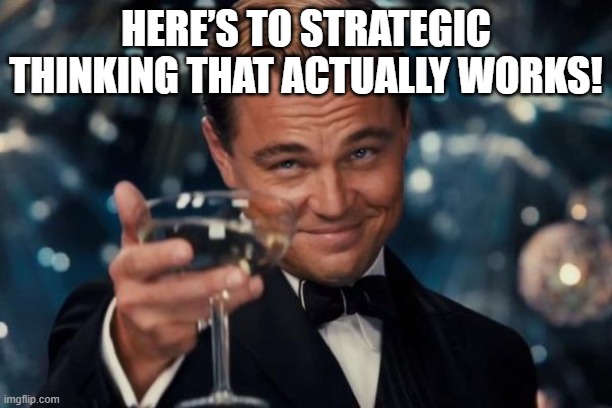Negotiation is an essential skill for any entrepreneur, especially in the competitive environment of Silicon Valley. For non-American tech entrepreneurs, mastering negotiation skills is crucial not only for securing deals and partnerships but also for navigating cultural differences that can impact business interactions.
Understanding the Role of Negotiation in Tech
In the tech industry, negotiation can determine the success of ventures, from funding rounds to product launches and partnership agreements. For non-American entrepreneurs, understanding the subtleties of negotiation within the American business context, while integrating their own cultural nuances, can be a key advantage.
Key Strategies for Effective Negotiation skills
Prepare Thoroughly
Preparation is the foundation of effective negotiation. Understand the needs and goals of both parties, the market conditions, and the possible negotiation outcomes. For non-Americans, this also includes understanding any cultural differences that might influence the negotiation dynamics.
Focus on Mutual Benefits
Successful negotiations in tech often hinge on creating value for all parties involved. As a non-American entrepreneur, aim to propose solutions that align with the interests of both sides, demonstrating your commitment to a partnership rather than just a transaction.
Utilize Effective Communication Techniques
Clear and assertive communication is crucial. Non-American entrepreneurs should practice articulating their points succinctly and clearly, and also be adept at reading non-verbal cues, which can vary significantly across cultures.
Build and Leverage Relationships
In Silicon Valley, relationships can be as important as the terms of the deal itself. Non-American entrepreneurs should invest time in building genuine relationships with their business counterparts, which can facilitate smoother negotiations and long-term collaborations.
Overcoming Challenges in Cross-Cultural Negotiations
Discuss specific instances where cultural differences have posed challenges in your negotiations, and how you adapted your strategy to overcome these challenges. This could include adapting to different communication styles, decision-making processes, or negotiation tactics.
Conclusion
For non-American tech entrepreneurs, enhancing negotiation skills is not just about closing more deals—it’s about building sustainable business relationships and understanding the complexities of a multicultural business environment. By focusing on preparation, mutual benefits, effective communication, and relationship building, non-American entrepreneurs can significantly improve their negotiation outcomes in Silicon Valley.


